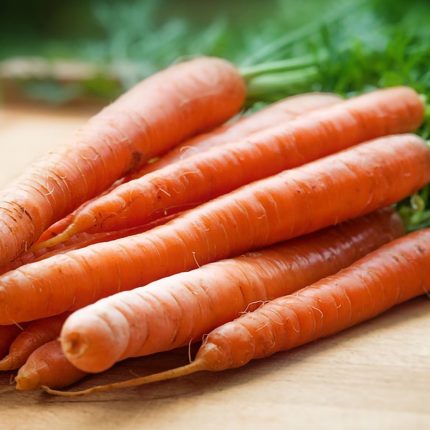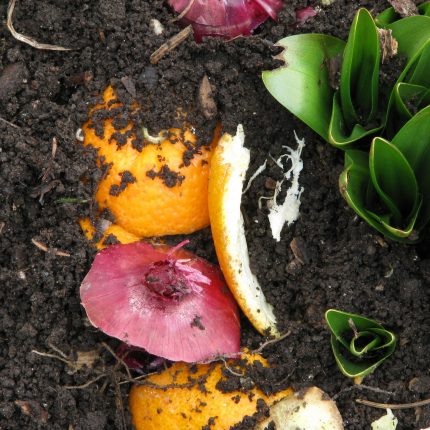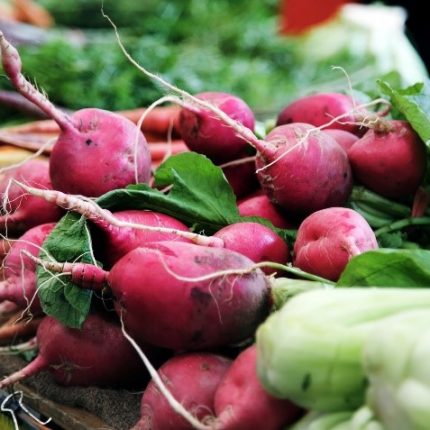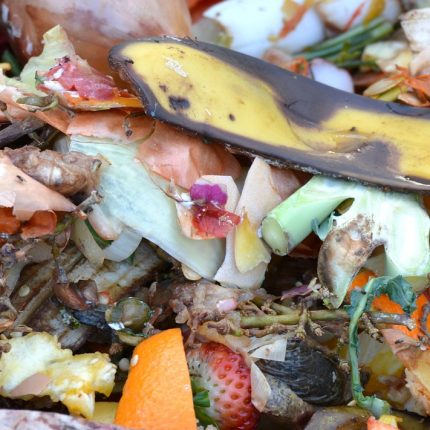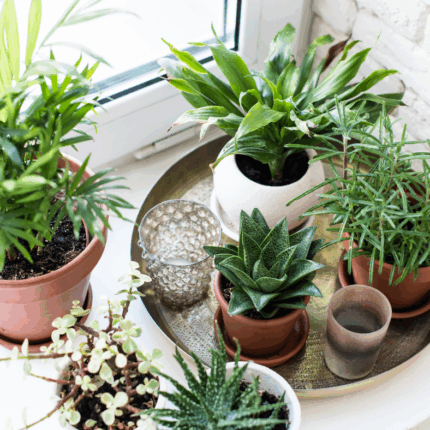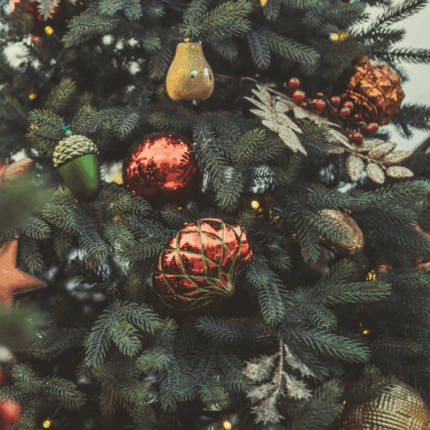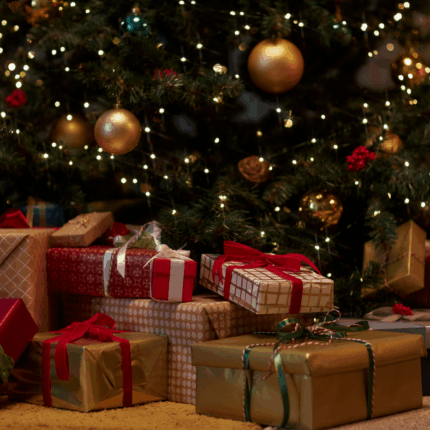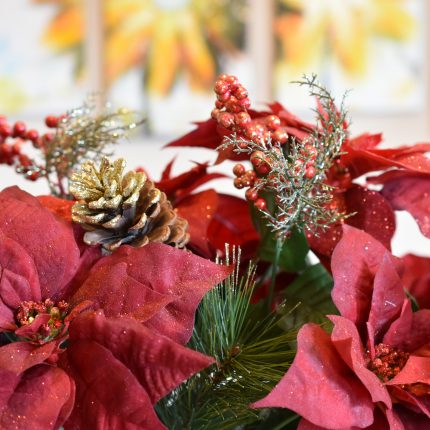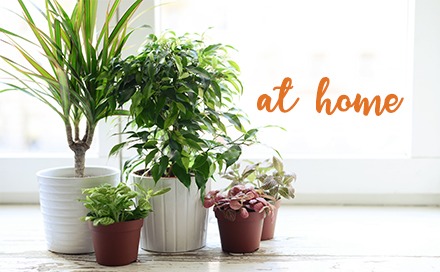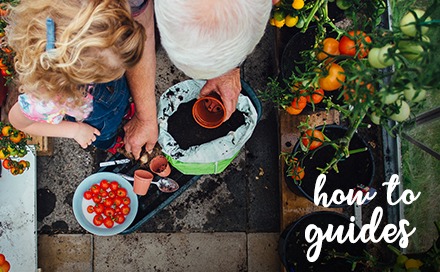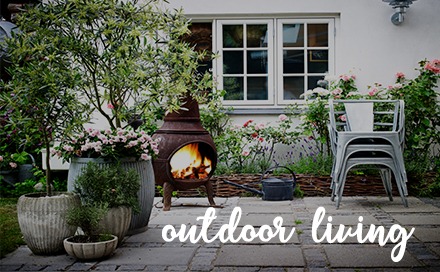Don’t Let Excess Harvest Go To Waste
One of the most common mistakes of a beginner to growing your own fruit and vegetables is planting too much which leads to food waste.
Avoiding Over-Planting
Here are some guidelines on how much of a particular fruit or vegetable you should be growing per person to avoid any being thrown out. Naturally, these figures are just a guide and can be adjusted depending on whether you favour one fruit/vegetable over another.

Compost
It’s easy to make compost at home from any excess fruit and/or vegetables for use in your vegetable garden next year. Any spoiled, bruised and mouldy harvest can all be composted. However, avoid adding any fruit or vegetables with diseases such as blight to your compost pile. This will spread disease into next year’s garden which creates a cycle.
Compost piles can be open in your garden or contained in a bin. If pests are a problem around your garden, it may be wise to use a container or a bin rather than leaving your compost out in the open where they can be accessed overnight, especially if you plan on adding strong-smelling spoiled foods.
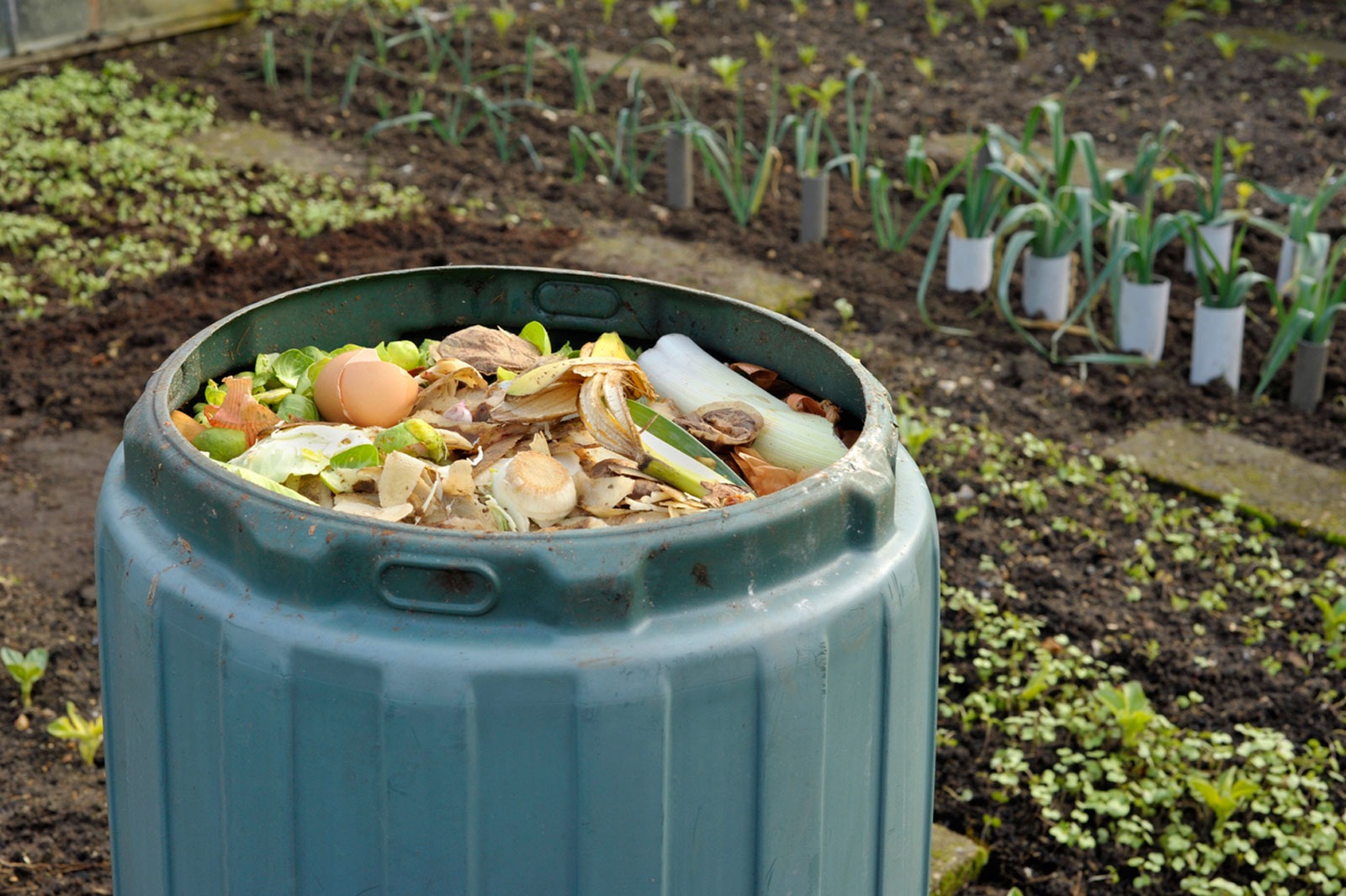
Can Fruit and Vegetables
A simple way of preserving fruit and vegetables for the off-season is by canning them. Canning fruit and vegetables is the process of putting them in a sealed glass jar to ensure that no bacteria will grow on them. Most things that can be bought in a jar at the supermarket can be canned at home.
Freeze
Another great way of preserving harvest is by freezing it. Be sure that you have enough space in your freezer to fit all the freezer bags you wish to fill.
Before placing your harvest in freezer bags, blanch them by scalding them in boiling water for a short period of time and placing them in ice cold water or running them under a cold tap immediately afterwards. Doing this reduces quality loss over time.
Label freezer bags with both their contents and freeze date and use the oldest foods first to avoid freezer burn, which can happen after around 3 months.
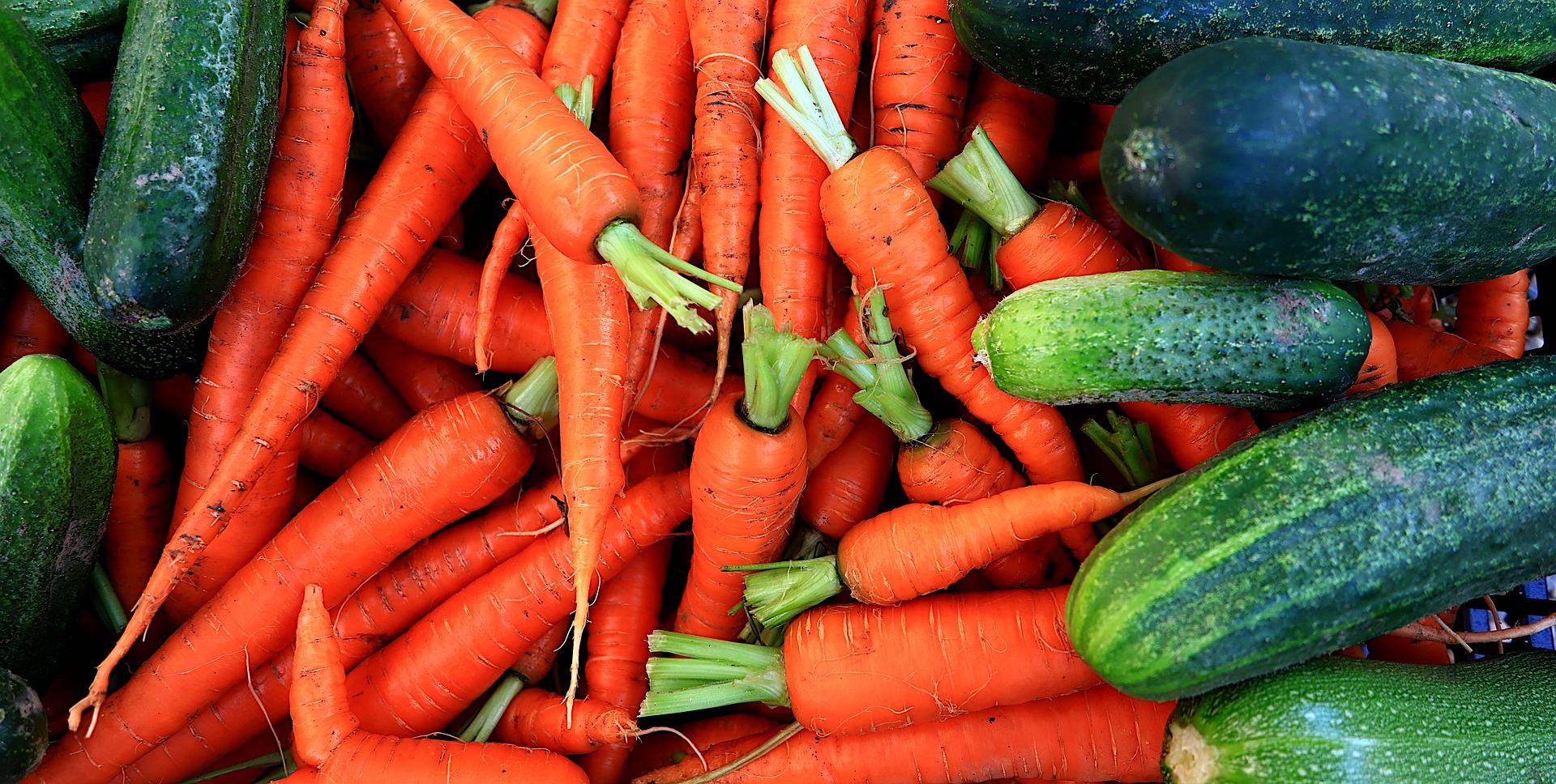
Donate/Share
Many food banks accept excess harvest from the garden, but be sure to call ahead to confirm if they accept perishable food. Make sure that food is clean isn’t rotten or bruised.
It’s also very easy to share with neighbours, or share with your local community through initiatives such as free plant tables by Tramore Eco Group:
Get in Touch!
If you have any questions about using your excess harvest contact us on social media- @CountryLifeGC (Links in footer). If you have a specific problem such as pest damage it’s really helpful to send us a picture- we’d love to help!

